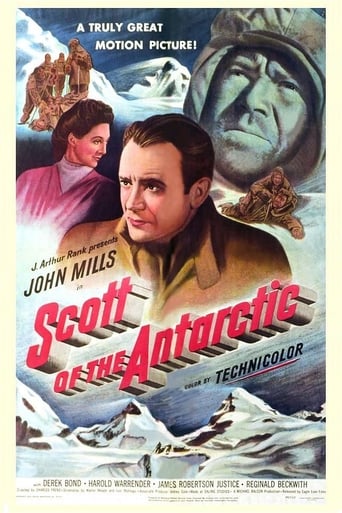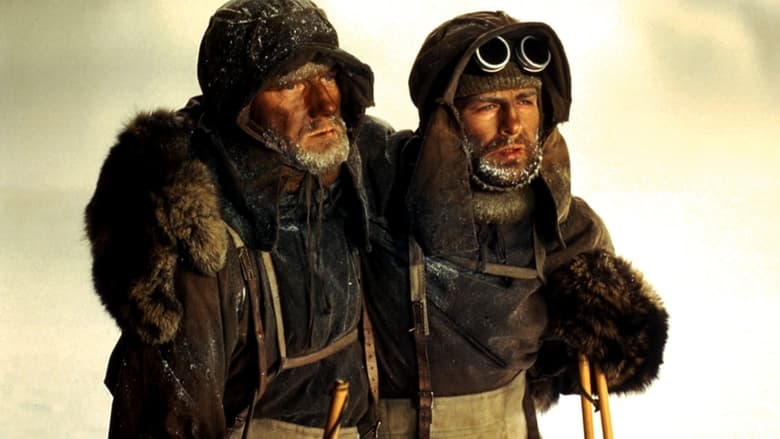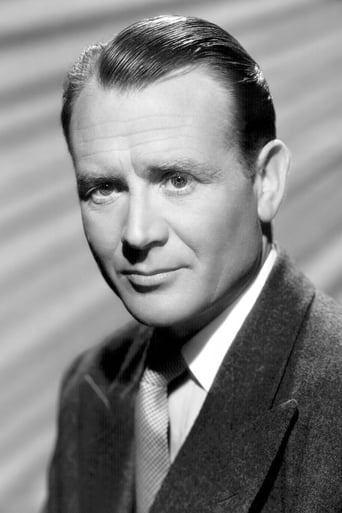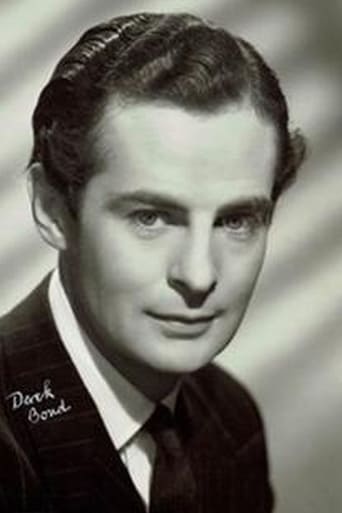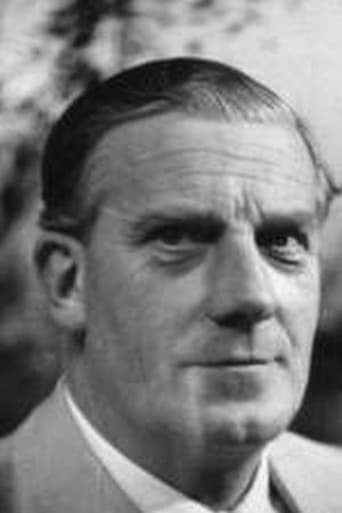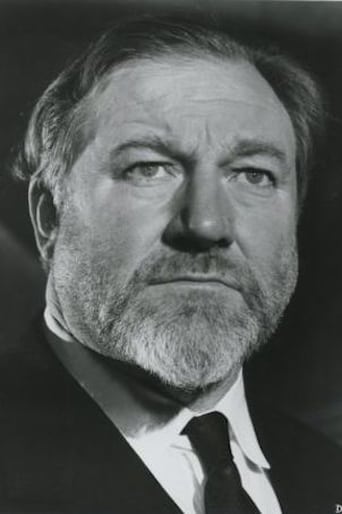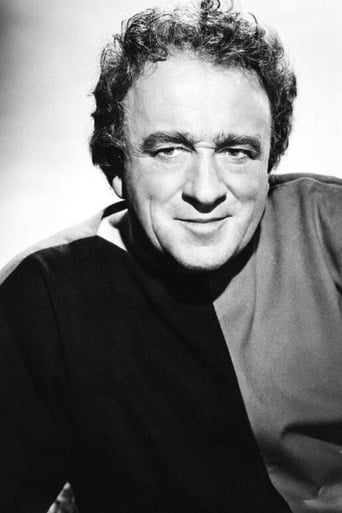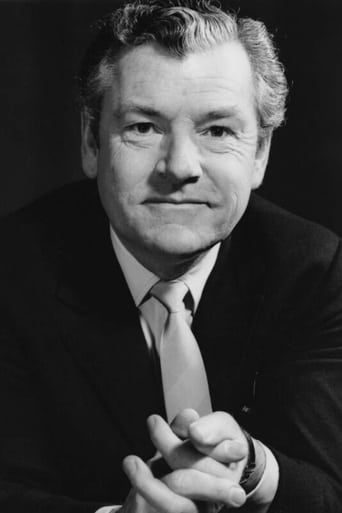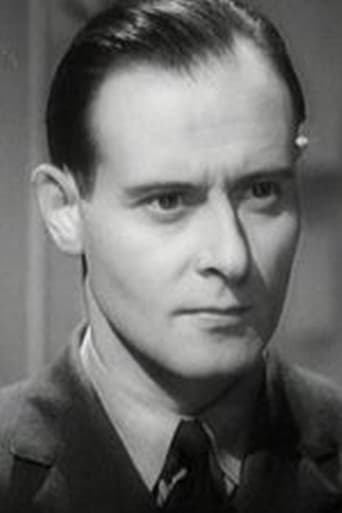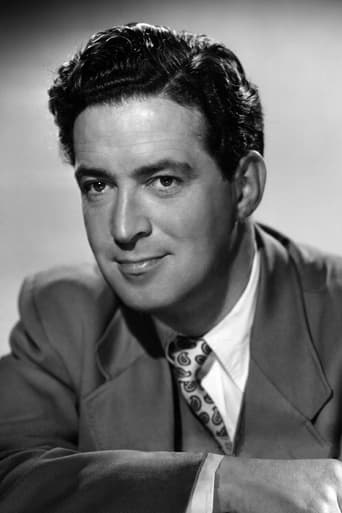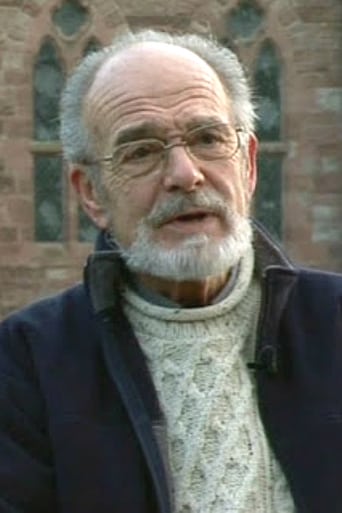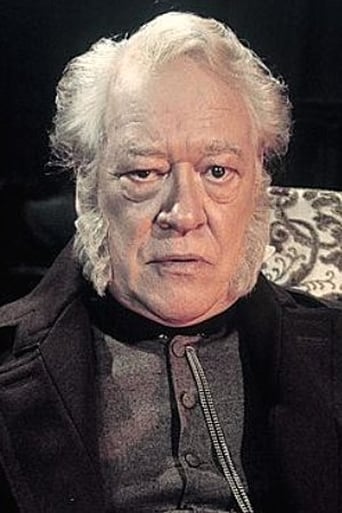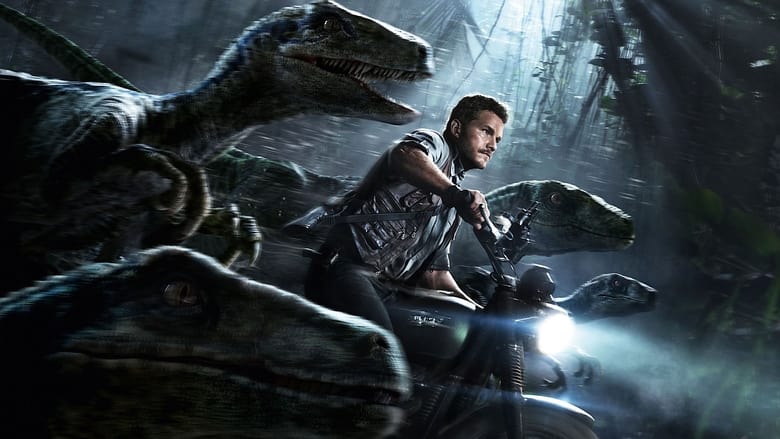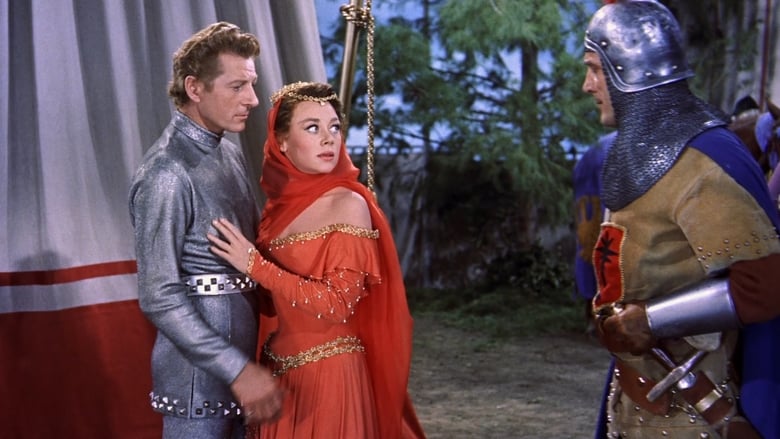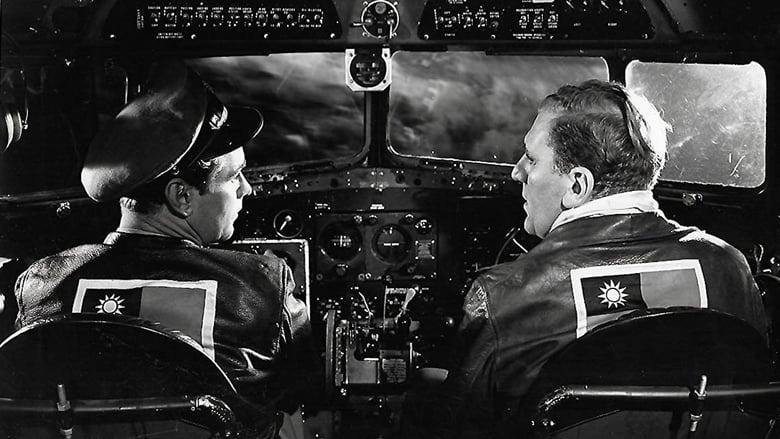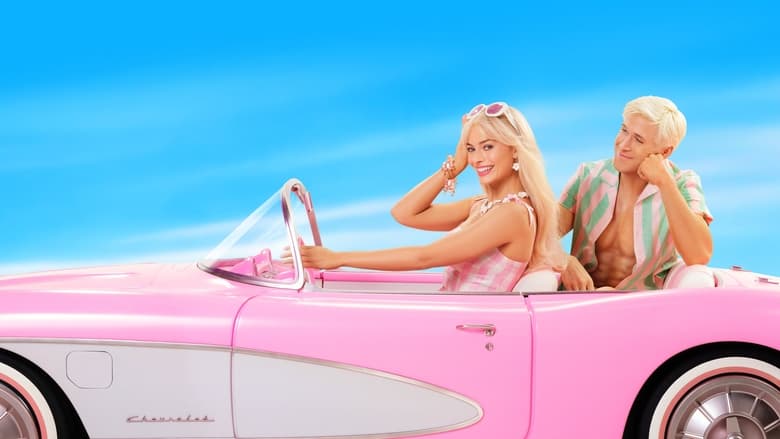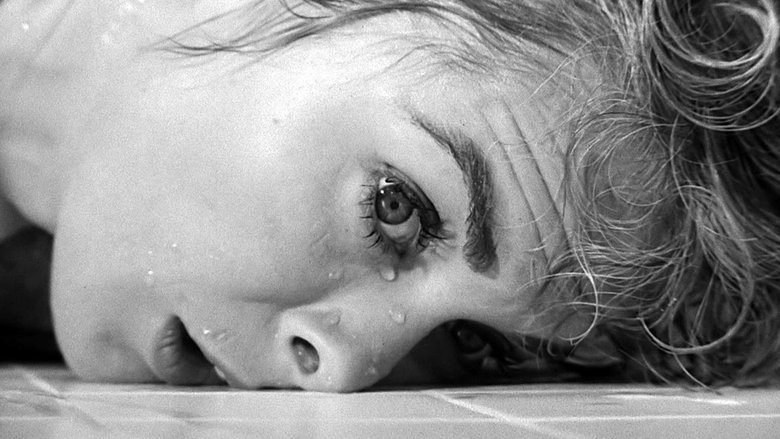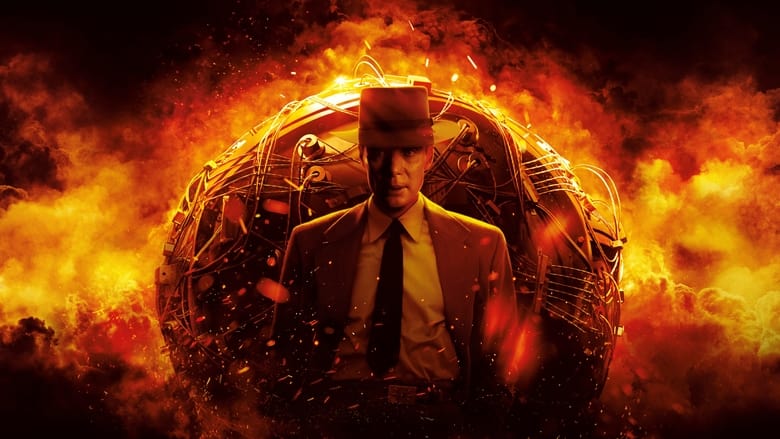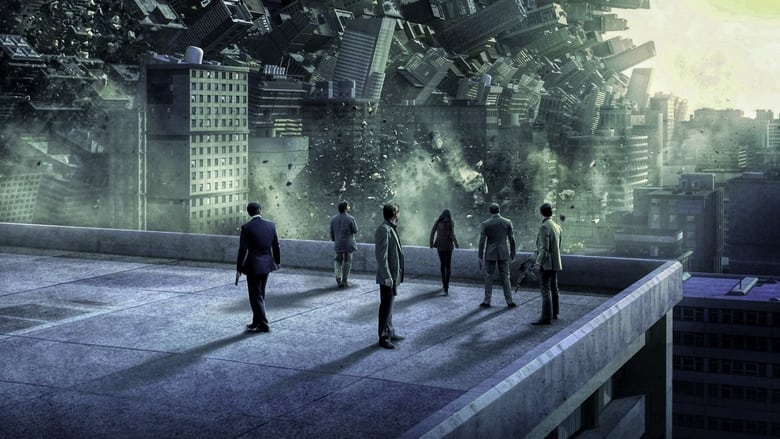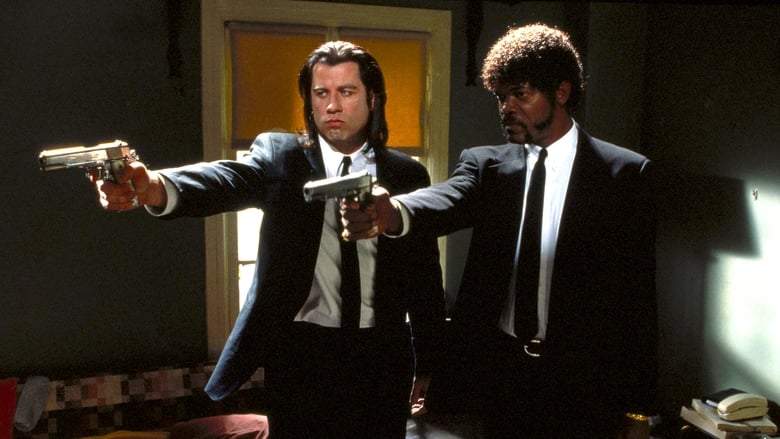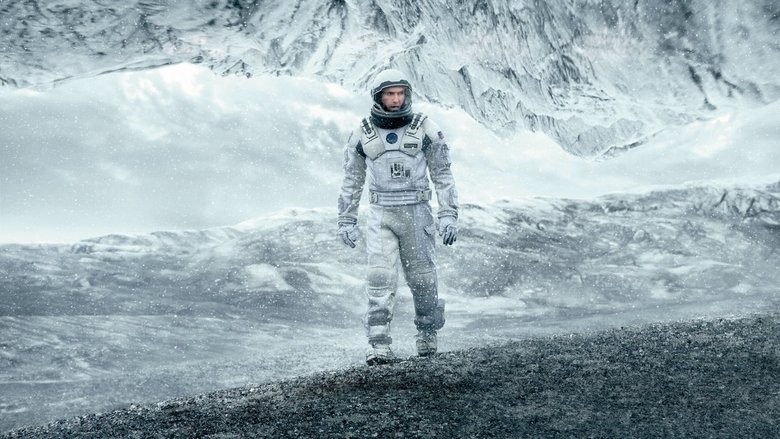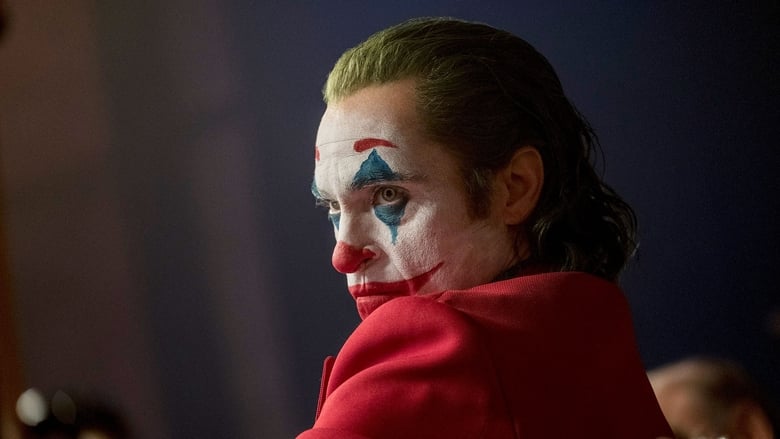The true story of the British explorer Robert Falcon Scott and his ill-fated expedition to try to be the first man to discover the South Pole - only to find that the murderously cold weather and a rival team of Norwegian explorers conspire against him


Similar titles
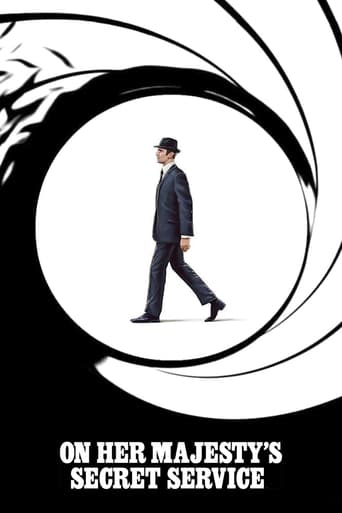

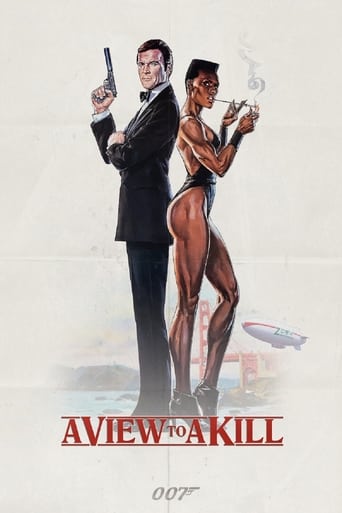






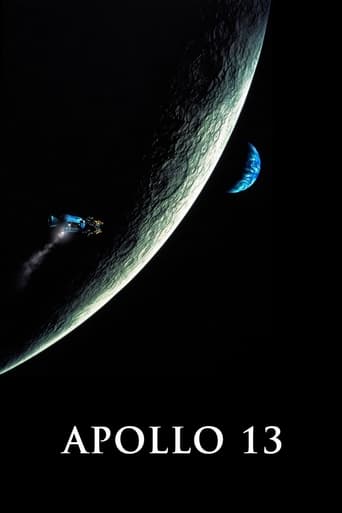
Reviews
*Spoiler/plot- Scott of the Arctic, 1948. True story of infamous ill-fated expedition to find the Ant-Artic South Pole in 1911.*Special Stars- John Mills, Derek Bond, Harold Warrender.*Theme- Planning and teamwork give you courage to go on.*Trivia/location/goofs- Black & White British film. Shot very documentary style with some dramatic scenes for pacing and effect.*Emotion- A pedestrian historical drama about a explorer's suffering and expedition in the southern Artic ice.*Based On- Scott's adventure to find the South Pole.
A largely historically accurate of the misfortunes and failures of the Terra Nova Expedition, this is an excellent and absorbing historical drama. It has a very strong script by Ivor Montagu, Walter Meade and Mary Hayley Bell. It hits all of the right notes, which is unsurprising given that it used Captain Robert Falcon Scott's diary as one of its major sources. The film was shot in Pinewood Studios for the most part but its sense of reality is helped significantly by the liberal use of footage shot in Norway and the Swiss Alps featuring glaciers and the like. The only obvious sign that it was filmed in a studio is the fact that no one's breath is ever visible and I did not even notice that until the last 15 minutes as I was enjoying the film so much. I didn't notice it all the first time that I saw it. I think that this is a tribute to the calibre of the writing and the direction of Charles Frend. Or maybe a tribute to me being a little slow on the uptake! There is a very effective sense of foreboding which pervades the second half, particularly the last half an hour. The film stars Mary Hayley Bell's husband John Mills in a wonderful performance as the title character. In some respects, Scott is the typical stiff-upper lip British hero as he is brave, intelligent and unflappable. However, the script does not hesitate to levy criticism, albeit most of it implicit, against him for the mistakes that he made on several fronts. For instance, he decided to use a combination of machinery, ponies and dogs as he had found dogs to be unreliable during the Discovery Expedition almost a decade earlier. He ignored the sound advice of the great Norwegian explorer Fridtjof Nansen to place his faith in dogs, which had been tried and tested in multiple expeditions over the years. Conversely, Scott's rival Roald Amundsen used dogs and was able to beat him to the South Pole before returning safely home to Norway. Scott makes other mistakes such as beginning the expedition with insufficient funds and being ill-prepared for the harshness of the weather conditions. He is depicted as having allowed his ambition to reach the Pole to cloud his judgement in more way than one but he is also depicted as being a good, decent and well-meaning man. In any event, many of the problems that beset the expedition were caused not so much by a lack of professionalism as sheer bad luck. The early part of the film reminds me of the first hour of "A Bridge Too Far" as it is designed to set the stage for the problems experienced by the characters as the story progresses, though Scott is certainly shown in a far more favourable light than General Frederick Browning was in that film.Mills was always a very charismatic actor and this is certainly seen in his performance, which in particularly strong in the last half an hour. He does an excellent job at conveying Scott's bitter disappointment and even heartbreak at seeing the flag that Amundsen left at the Pole. There is really a sense that we are seeing the death of a dream. One of my favourite moments in the film is when he and his four companions pose for the famous photo at the Pole and Scott says, "Great God. This is an awful place." It is a fantastic contrast to the sheer excitement that he had exhibited earlier. It is very hard not to feel the tragedy of the situation, not least because of the understandably miserable expressions on their faces. Unfortunately, however, worse was to come. When it comes to the other actors, Harold Warrender is quite boring as Scott's scientist friend Dr. E. A. "Bill" Wilson but Derek Bond gives one of the best performances in the film as Captain Lawrence "Titus" Oates, the best remembered member of the expedition after Scott himself. Oates starts off as a relatively happy-go-lucky fellow but the stress and the cold wear him down. This is not helped by the fact that his leg becomes frostbitten and gangrenous. The haunting expression on his face when he says that he does not want to wake up in the morning is very moving. The same is true of his noble self-sacrifice with his famous remark, "I'm just going outside. I may be some time." An initially and uncharacteristically beardless James Robertson Justice is great as Petty Officer Edgar "Taffy" Evans, who seemed as strong as an ox but was the first member of the five man party endeavouring to reach the Pole to die. He cut his finger before setting out and he never probably healed as well as suffering severe frostbite to his face and hands. Reginald Beckwith is very good as Henry "Birdie" Bowers, the fifth member of the party, and he provides some nice moments of comic relief in the first half. Speaking of which, one thing that I really loved about the film was the sense of easy camaraderie between all of the expedition members. This served as another very effective contrast, this time to the fate that awaited them. It also served to emphasise that these were real men who lost their lives. The film also features good performances from Kenneth More as Scott's loyal second-in- command Lt. Edward "Teddy" Evans and Diana Churchill as Kathleen Scott. Christopher Lee, in one of his first film roles, and future "Doctor Who" producer Barry Letts make small appearances as Bernard Day and Apsley Cherry-Garrard, two juniors members of the expedition.Overall, this is a stirring tribute to the five men who lost their lives in Antarctica in March 1912.
This film sucks in so many ways. As an Englishman I find this self conscious stiff upper lip acting style of Mills and his cohorts utterly embarrassing and stupid. That people seem to like this cartoonish drivel only makes it even worse especially when you see real adult English people trying to imitate it in real life. Then in this film we have the heroising of a man who led an expedition which was by all accounts a consummate failure. Why this perverse English need to make a hero out of a loser? Not only did Scott lose the race but all the loss of life, and suffering including the death of horses and dogs for what? Just to try to be the first person to stand on a bit of ice which is the south pole. Why? To satisfy a massive ego. You think it would all be forgotten as an embarrassing mistake in English history. But no. Back when I was young my school was divided up into four 'houses' named after famous explorers: Lawrence, Livingstone, Rhodes and Scott. I was in Scott. Ugh! The shame of it.
I have to admit that I came to this movie with very little knowledge of Scott's mission to the Antarctic and have only really found about the historical inaccuracies of the movie from reading other comments posted on IMDb. At the end of the day that is not really that important as this is not a documentary and most films based on fact are just that and they all tend to take artistic liberties with the facts. As for the film itself for 1948 it is very well shot with great use of location and props that where probably about as good as you could get at the time. John Mills gives a suitably British stiff upper lipped performance as Scott showing his upper class folly and also hinting as how Scott's drive to be first to the pole led him to make crucial errors of judgement that ultimately prove fateful. Mills ably carries the movie pretty much single handily with only minimal support form the rest of the cast, but on the whole that is a good move as it lends its self to the sense of isolation of one mans drive to battle against the elements at any cost. I would not go out of my way to watch this again, but I certainly would not avoid it.
